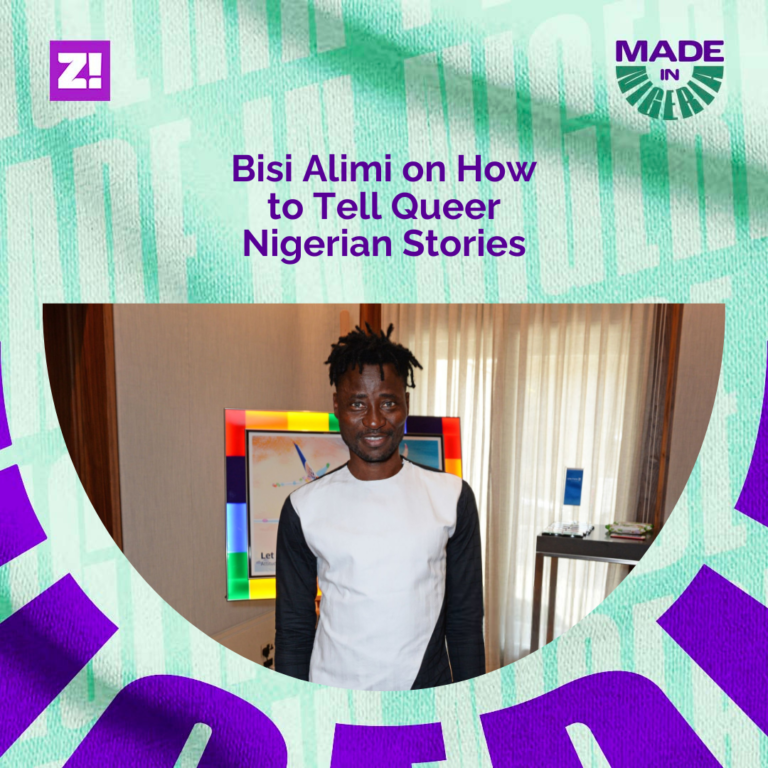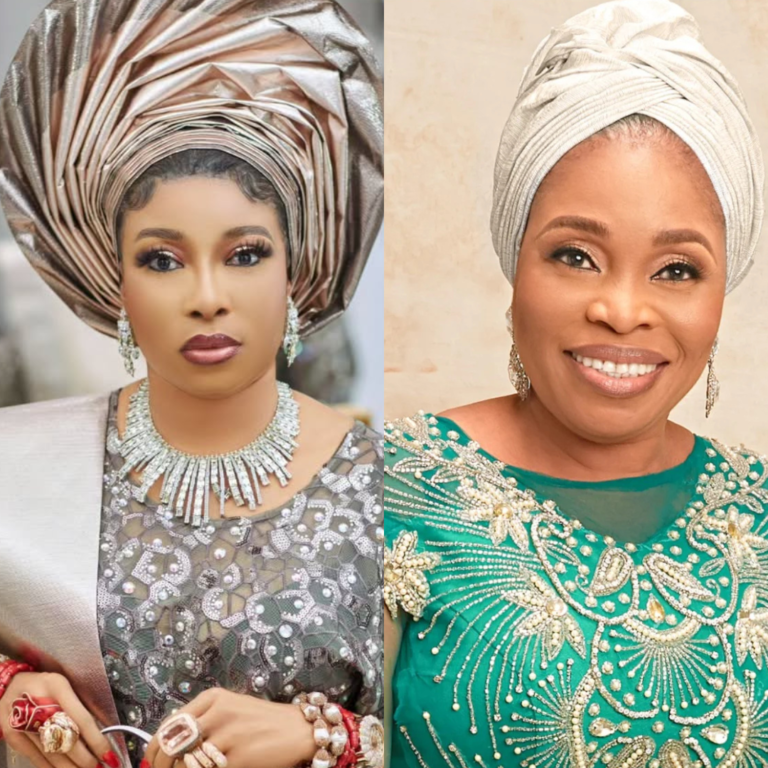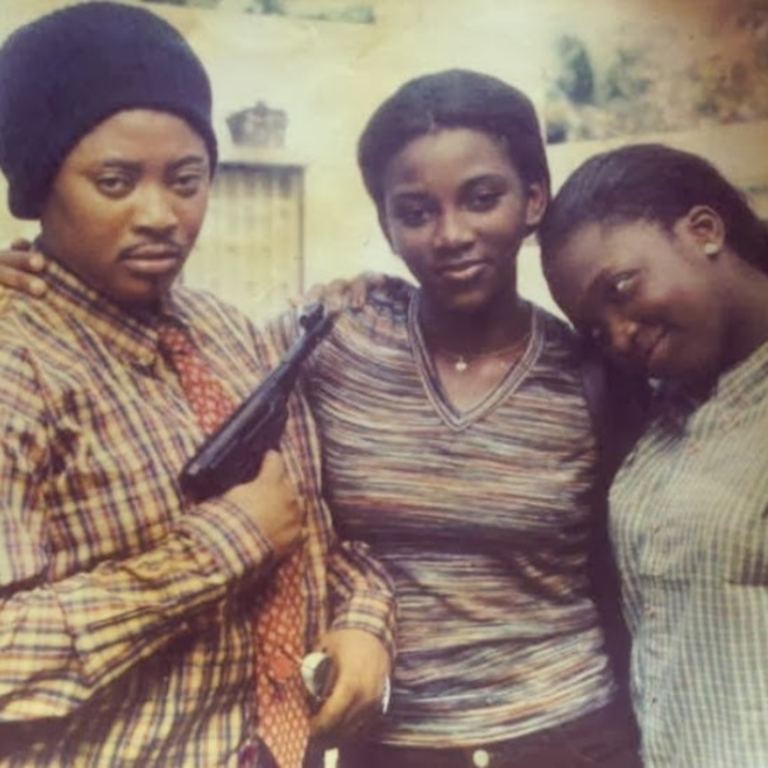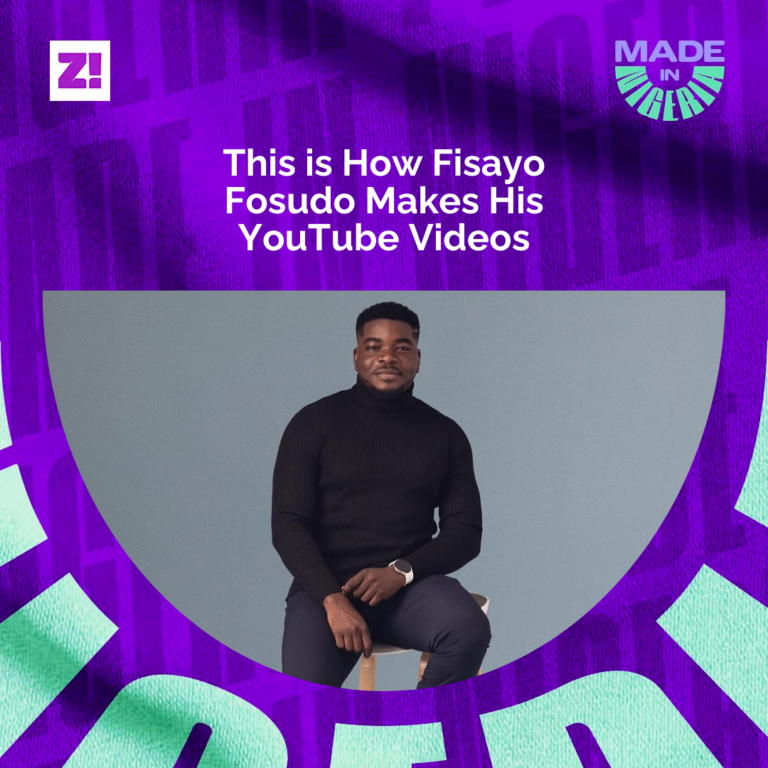At the peak of the pandemic, as the world sheltered in place, Kayode Ewumi became famous — or at least, his face did.
In 2015, when he was still studying Drama and Theatre at Coventry University, he and his friend from secondary school, Tyrel Williams, got into making short, 6-second videos on Vine, a platform which shut down in 2017.
They were trying to create a character based on Ace, Wood Harris’ iconic character in Paid in Full. But as the friends were filming, they didn’t like the shots.
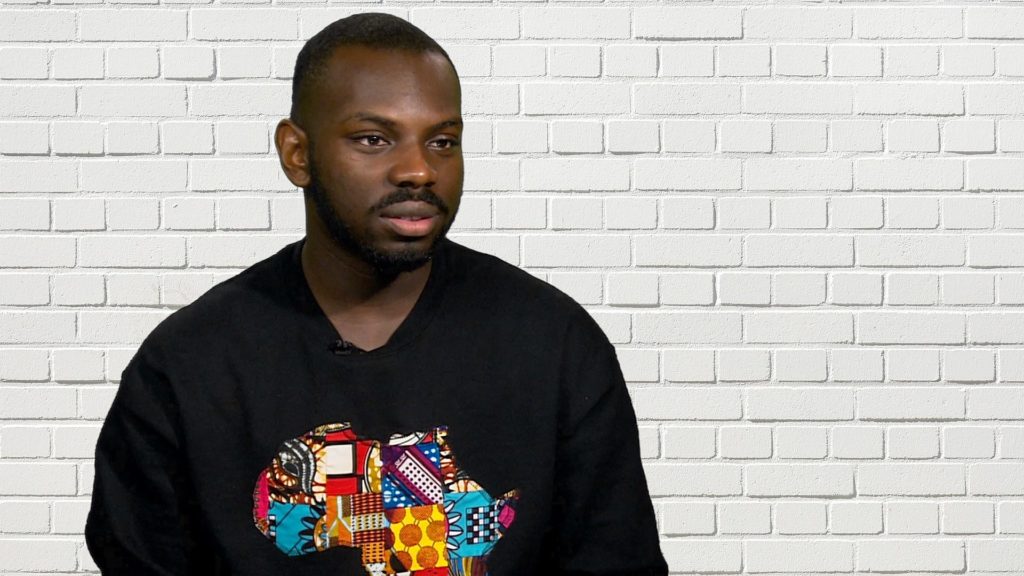
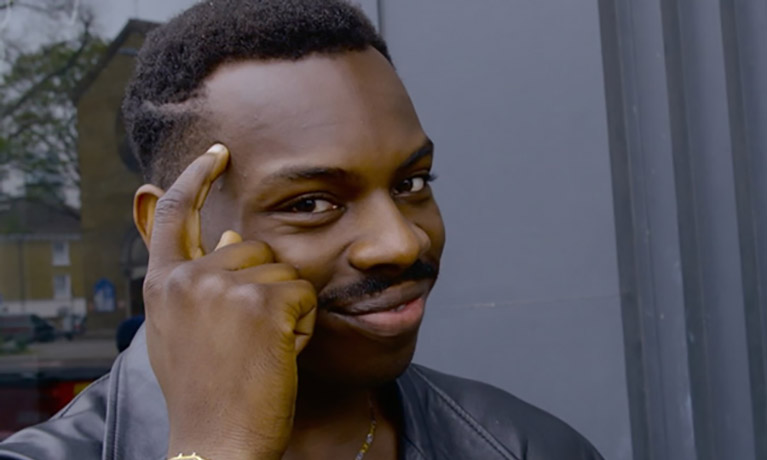
Williams, who was behind the camera, had an idea. “Let’s try something else,” he told his friend. “You know those older guys in the area? A bit creepy, think they’re bigger than they are — like some official guy, but it’s not really working.”
So Ewumi started acting and Williams was filming. They called the character RS and posted him on Vine. RS is a kind of wannabe street rapper who told saucy tales and flirted with girls who never liked him in return.
At a party, someone who had been following Ewumi on Vine said that RS reminded them of a character in the sitcom People Just Do Nothing.
That inspired Williams, who had experience writing scripts, and Ewumi, who was already taking writing classes at Coventry, to co-write and shoot the pilot of a sketch show. They called it Hood Documentary and posted it on YouTube. It follows RS and his vapid exploits. The punchline of the show was that their hood wasn’t “a hood.” It was just people living in relatively normal, relatively pristine parts of the UK.
They pitched it to the BBC and were commissioned to make a few episodes. It didn’t go past the first season.
He and Williams split up. He went on to act and write other films, while Williams focused on writing and directing.
After he watched the Donald Glover FX hit series Atlanta, he felt inspired to write and star in Enterprice, a show about two black men, one Nigerian and one Caribbean, hustling through London’s Fleet Streets. He pitched it to the BBC, and they greenlit two seasons.
The show didn’t go far. The Black British community didn’t even know it existed.
ALSO READ: I Look Like Ayra Starr—But People Keep Calling Me a Catfish
When Enterprice was over, he moved to Ghana to do missionary work for his church, First Love. He got fat. Got married to his wife, Victoria. Had a child and stopped acting.
He set up a production company, Chat and Pictures, through which he pitched only comedies to UK broadcasters — Channel 4, Netflix, the BBC. If a project gets commissioned, he writes the scripts and sometimes flies into the UK for meetings with the studio.
In 2021, the messages started pouring in. A clip of RS from an episode of Hood Documentary that the BBC had commissioned had gone viral after being turned into a meme. Friends and family, old acquaintances were texting. They had seen the meme and wanted to confirm if it was him. Some knew it was him, but they texted anyway.
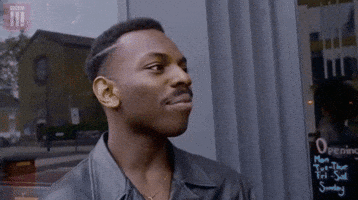
“Americans had just seen that small clip, and to them, it was like this Eddie Murphy-style thing out of nowhere,” he told Zikoko in an interview. “I don’t even really know how it happened. When we shot that video — it was back in 2016. People in Argentina were using it on banners. Drake posted it. I think even Elon Musk posted it at one point, but I didn’t really engage with it because I’m not that active on social media. And honestly, I didn’t care too much. In hindsight, I’d probably do the same thing again.”
On average, each episode has raked in over a million views for the BBC on YouTube. “People kept saying, ‘You should’ve copyrighted it,’ but technically, the meme belongs to the BBC,” he said. “I never felt a way about it. I just thought, if the meme brings more opportunities, great. If not, that’s also fine. Let it be out there. If it makes people happy — especially during COVID, which was such a hard time globally — then that’s enough.”
RS is a rapper who struts the streets of London in an unbuttoned leather jacket. At the time, Ewumi had a beard. He used to be a rapper. Promoting Hood Documentary, he went on the BBC radio and rapped, “Back in the day/ baby/ you and me used to have fun/ until you delivered that baby.”
In Ghana, he had become a pastor. He trained at the Anagkazo Bible and Ministry Training Centre (ABMTC) in Mampong and became Pastor K at the First Love Church.
“Nobody really knew anything about my past life — they just knew me as Pastor K. They had no idea,” he said.
“Plus, I look different now. I’ve put on some weight, sometimes I’m clean-shaven, sometimes I’ve got a beard — it’s just Africa, it’s hot, so I switch it up. Not because I’m hiding anything, just for comfort. So when I do grow the beard again, people start staring.”
Once, someone who had known him for years saw the meme and sent it to him. The person had sent it to banter about the resemblance because they didn’t imagine it would have been him. He told them it was him, but the person kept asking, “Are you sure it’s not you?” They thought he was joking.

Even though Ewumi has not become a household name post the virality, the popularity of his face and RS has come with some positives. “When I’m reaching out to new people — like producers or execs at Netflix, if I’m cold-emailing someone, I’ll say, ‘Hey, I’m the guy from that meme,’ and it clicks immediately. Not always ‘Kayode,’ but ‘the meme guy’ — and suddenly we’re in conversation.”
He is also thinking of writing a show based on his experience. “I don’t know what it would look like yet, but it’s definitely something worth exploring.”

